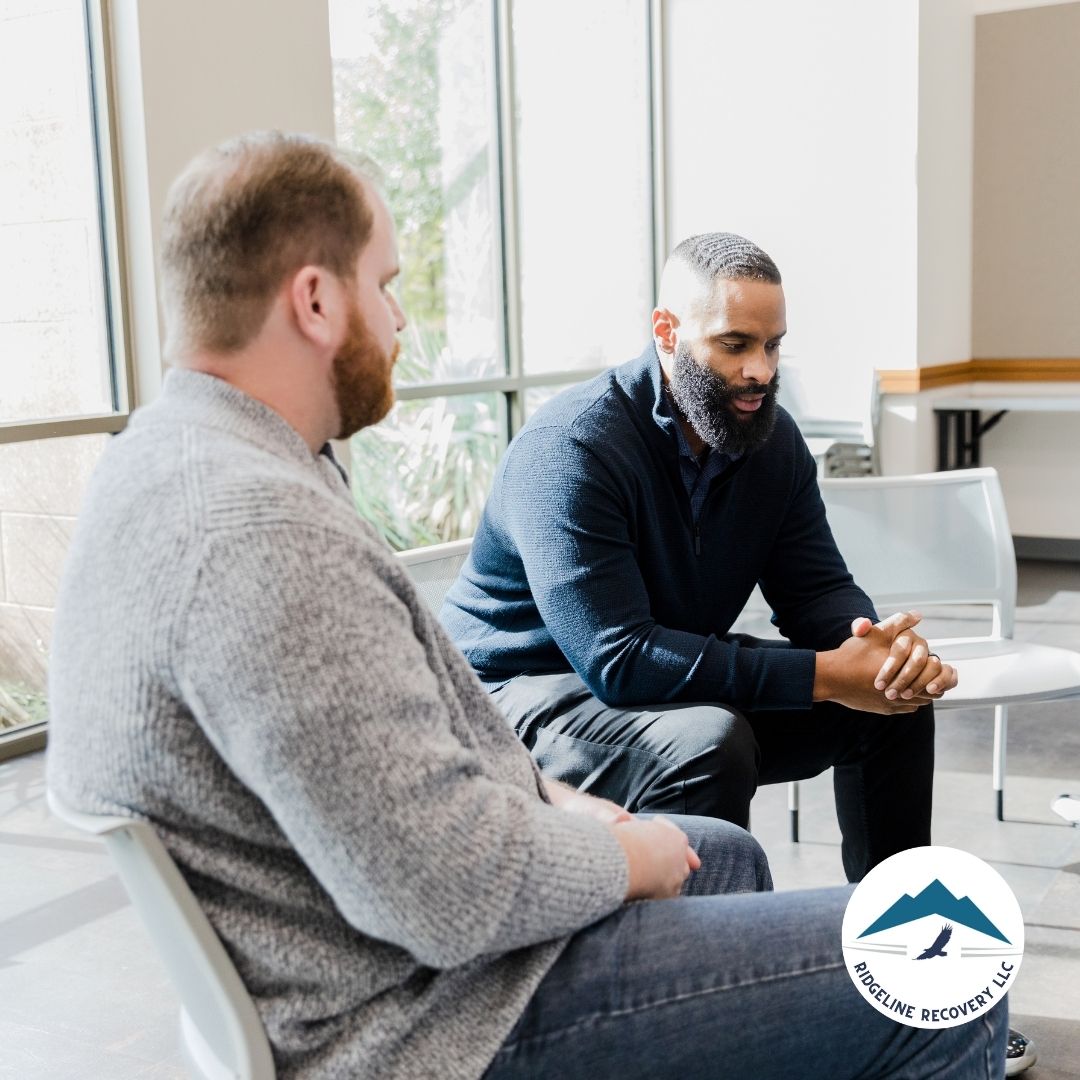If you’re on the path to recovery, you’ve probably heard about the NA’s 3rd Step. But what does it really mean? And why is it such a big deal?
For those battling addiction, the NA 3rd Step is more than just words—it’s a lifeline. It’s about letting go of control and trusting something greater than yourself. Sounds simple, right? But for many, it’s one of the hardest steps to take.
In this guide, we’ll break down the NA’s 3rd Step in a way that’s easy to understand—even if you’re new to recovery. Whether you’re in Columbus, Ohio, or anywhere else, this step can change your life. Let’s get started.

What is the NA 3rd Step?
The NA’s 3rd Step comes from the 12-step program of Narcotics Anonymous (NA). It’s the step where you decide to turn your will and your life over to a higher power. Here’s how it’s written:
“Made a decision to turn our will and our lives over to the care of God as we understood Him.”
At first glance, it might sound religious. But here’s the thing: it’s not about religion. It’s about trust. It’s about admitting that you can’t do this alone and that you need help.
Why is the NA 3rd Step So Important?
The NA 3rd Step is a turning point in recovery. Here’s why:
- It’s About Surrender: Addiction makes you feel like you’re in control, but the truth is, it’s controlling you. The NA’s 3rd Step is about letting go of that illusion and admitting you need help.
- It Builds Trust: Recovery is scary. You’re stepping into the unknown. The NA 3rd Step teaches you to trust—whether it’s a higher power, your support group, or the process itself.
- It’s a Foundation for the Rest of the Steps: Without the NA’s 3rd Step, the other steps don’t make sense. It’s the bridge between admitting you have a problem (Step 1) and taking action to fix it (Steps 4-12).
Breaking Down the NA 3rd Step: What Does It Really Mean?
Let’s break it down piece by piece so it’s crystal clear.
1. “Made a Decision”
This part is about choice. You’re not being forced to do anything. You’re choosing to take this step because you want to change your life.
2. “Turn Our Will and Our Lives Over”
This is where surrender comes in. It’s about letting go of the need to control everything. For many, this is the hardest part. But here’s the truth: trying to control everything is exhausting. Letting go can be a relief.
3. “To the Care of God as We Understood Him”
This doesn’t have to mean a religious God. Your higher power can be anything—nature, the universe, your support group, or even the process of recovery itself. It’s about trusting something bigger than yourself.

Common Misconceptions About the NA 3rd Step
Misconception #1: “It’s Only for Religious People”
Nope. The NA’s 3rd Step is for everyone. Your higher power is whatever you believe in. It’s personal.
Misconception #2: “It Means Giving Up”
Surrendering isn’t the same as giving up. It’s about recognizing that you can’t do this alone and that’s okay. Asking for help is a sign of strength, not weakness.
Misconception #3: “It’s a One-Time Thing”
The NA’s 3rd Step isn’t a one-and-done deal. It’s something you’ll revisit throughout your recovery. Every time you feel like you’re losing control, you can come back to this step.
How to Apply the NA 3rd Step in Your Life
Step 1: Define Your Higher Power
Your higher power doesn’t have to fit anyone else’s definition. It’s yours. Take some time to think about what you believe in. Is it the universe? Your support group? The process of recovery? Whatever it is, make it personal.
Step 2: Practice Letting Go
Start small. Maybe it’s letting someone else take the lead in a meeting or trusting your therapist’s advice. The more you practice, the easier it gets.
Step 3: Trust the Process
Recovery isn’t linear. There will be ups and downs. The NA 3rd Step teaches you to trust that, no matter what happens, you’re on the right path.
The NA 3rd Step and Mental Health
If you’re struggling with mental health issues like depression or anxiety, the NA 3rd Step can be especially powerful. Here’s why:
- It Reduces Anxiety: Trying to control everything is exhausting. Letting go can bring a sense of peace.
- It Builds Hope: Trusting in something bigger than yourself can give you hope for the future.
- It Encourages Connection: The NA’s 3rd Step reminds you that you’re not alone. Whether it’s your higher power, your support group, or a Dual Diagnosis Treatment Centers Ohio, there are people who care about you and want to help.
Real-Life Stories: How the NA 3rd Step Changed Lives
Story #1: Sarah’s Journey
Sarah struggled with addiction for years. She tried to quit on her own, but nothing worked. When she finally took the NA 3rd Step, everything changed. “It was like a weight lifted off my shoulders,” she says. “I realized I didn’t have to do this alone.”
Story #2: Mike’s Turning Point
Mike was skeptical about the NA 3rd Step. He didn’t believe in God, so he didn’t think it applied to him. But when he defined his higher power as his support group, everything clicked. “They became my lifeline,” he says. “I couldn’t have done it without them.”

FAQs About the NA 3rd Step
Q: Do I have to believe in God to take the NA 3rd Step?
A: Not at all. Your higher power can be anything you believe in—nature, the universe, your support group, or even the process of recovery itself.
Q: What if I’m not ready to surrender?
A: That’s okay. The NA 3rd Step is a process. Take your time and trust that you’ll get there when you’re ready.
Q: How do I know if I’m doing it right?
A: There’s no “right” way to do the NA’s 3rd Step. It’s about what works for you. If it feels right, you’re on the right track.
Trivia: Did You Know?
The 12-step program was originally created by Alcoholics Anonymous (AA) in the 1930s. Narcotics Anonymous (NA) adapted it for people struggling with drug addiction. Today, the NA 3rd Step is a cornerstone of recovery for millions of people worldwide.
Ready to Take the Next Step?
The NA 3rd Step is just the beginning. If you’re ready to take control of your life and break free from addiction, we’re here to help. At Ridgeline Recovery, we offer Addiction Recovery, Addiction Treatment, and support for mental health issues like depression and anxiety. Whether you’re looking for Dual Diagnosis Treatment Centers Ohio or the Best Inpatient Mental Health Facilities in Ohio, we’ve got you covered.
Don’t wait. Contact Us today and take the first step toward a brighter future.







